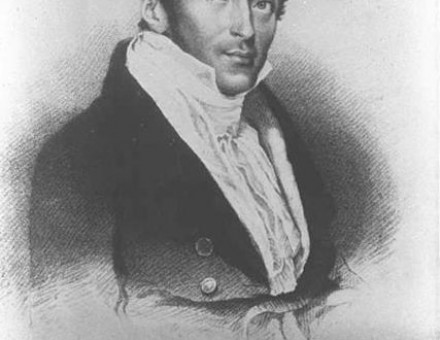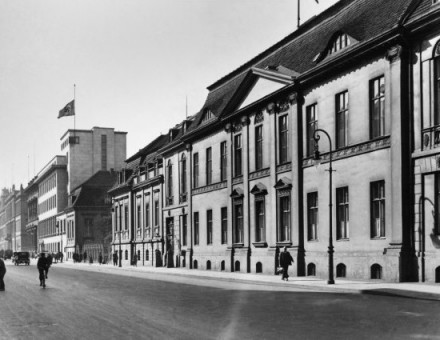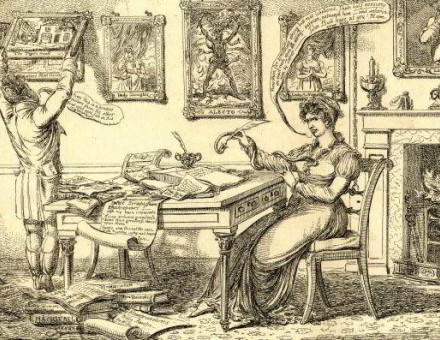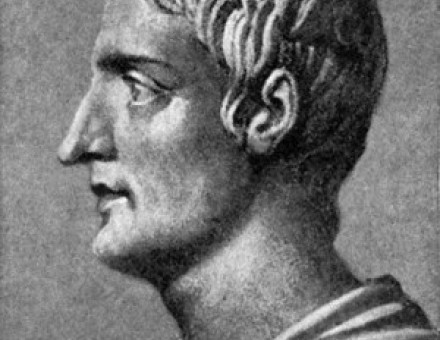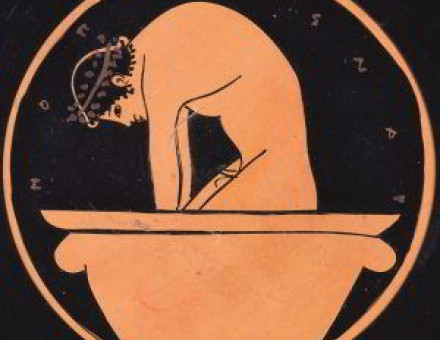Volume 61 Issue 9 September 2011
The conquest of Java, now part of Indonesia, is one of the least known episodes of British imperialism. But this short interregnum influenced the governance of the Indian Raj and proved a significant stepping stone in the career of the founder of Singapore.
Having fled Hitler’s Berlin, Oscar Westreich gained a new identity in Palestine. He eventually joined the British army, whose training of Jewish soldiers proved crucial to the formation of Israel, as his daughter, Mira Bar-Hillel, explains.
The idea that the German foreign office during the Nazi period was a stronghold of traditional, aristocratic values is no longer tenable according to recent research, as Markus Bauer reports.
Richard Lansdown introduces Hugh Welch Diamond, one of the fathers of medical photography, whose images of the insane both reflected and challenged prevailing ideas about visually recording insanity.
As Matthew Shaw demonstrates, scandal sold newspapers 200 years ago, just as it does today.
Lauren Kassell reveals how the casebooks, diaries and diagrams of the late-16th-century astrologer Simon Forman provide a unique perspective on a period when the study of the stars began to embrace modern science.
Christopher B. Krebs considers Irene Coltman Brown’s article on the ambivalent and ironic Roman historian Tacitus, first published in History Today in 1981.
Rupert Murdoch’s motives only make sense from a historical perspective, argues Piers Brendon.
Since the 1970s, feminists, gay activists and historians have been questioning the notion of sexual repression in the past. Anna Clark considers important recent studies on this most stimulating of subjects.
Patricia Cleveland-Peck looks at the long history of plant dispersal between the New World and the Old.


